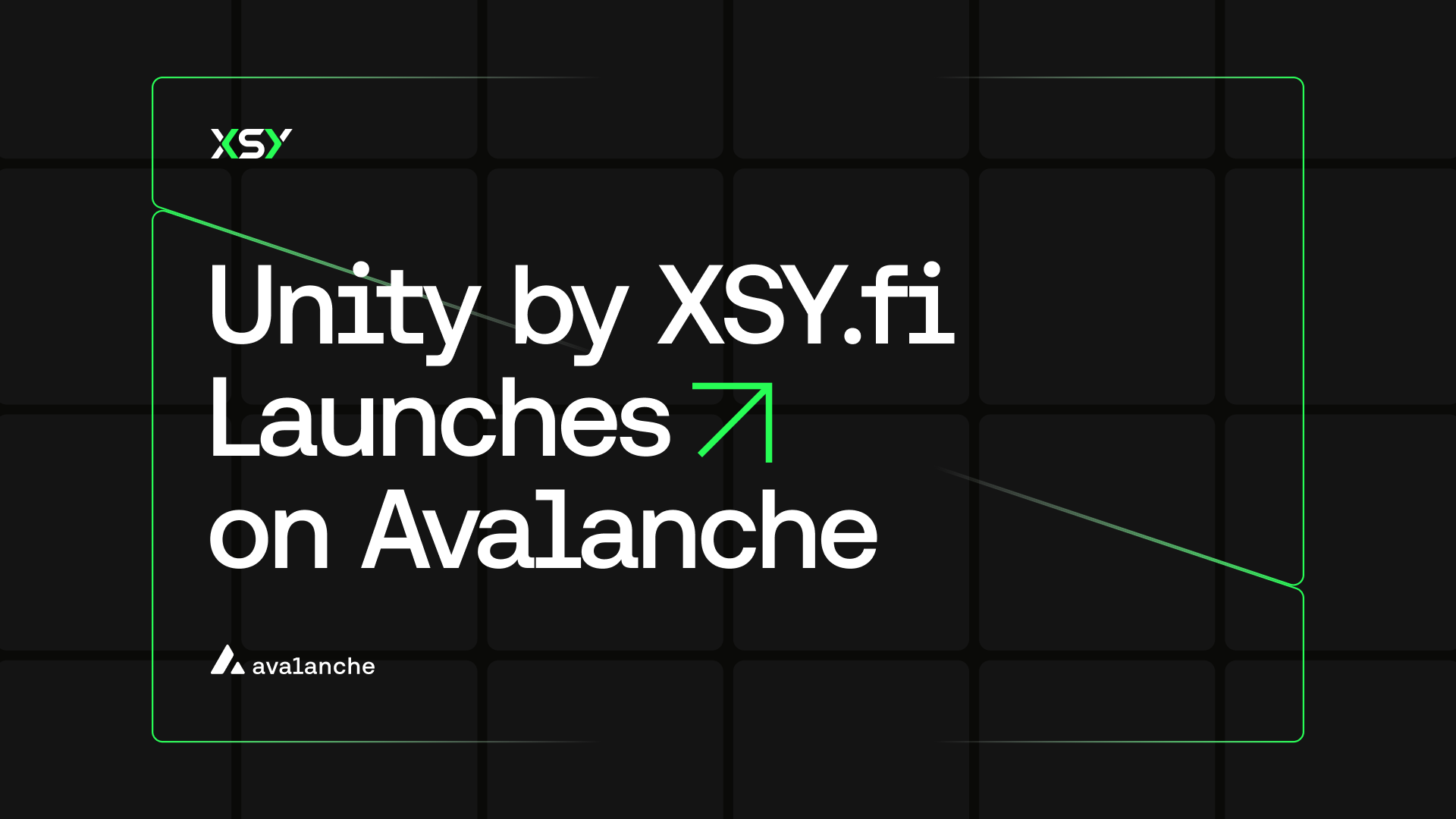Bware Labs’ Blast API uses Avalanche Network to Deploy Their Staking Protocol

Bware Labs is transitioning Blast, their decentralized API protocol, into a permissionless platform. This update is a leap forward for the Web 3 infrastructure market, and provides a decentralized, reliable, and fast solution to access blockchains.
After more than 2 years of technical partnership, the team at Bware Labs has chosen the Avalanche blockchain to deploy the Staking and Delegation protocol, which will be the foundation behind the decentralization of the node infrastructure.
Based on the performance of each node, node operators are rewarded through the Blast Staking Protocol. Staking is the protocol’s way to incentivize and hold providers accountable for their performance and integrity. Additionally, token holders will have the option to delegate and support the protocol.
BlastAPI’s token, $INFRA, will be bridged via the Avalanche Bridge. The Avalanche Bridge is designed to facilitate the transfer of digital assets between different blockchains by establishing an efficient connection to the Avalanche blockchain.
“Being one of the initial 4 Wardens securing the bridge, we were able to knowingly assess the bridge’s level of security and this played a key role in our decision to use the Avalanche chain for our staking solution. Moreover, Avalanche’s low transaction fees and technological robustness make it a really suitable option considering the maintenance of the Bware Labs staking contracts” says Flavian Manea, the CEO of Bware Labs.
Some of the key technical innovations introduced by the Blast API in the Web3 infrastructure space include the following components:
- Blast Integrity Protocol: A distributed software responsible for verifying and monitoring all nodes within the Blast platform. It scores their performance, jails them, and even deactivates them when necessary.
- Blast Proxy: Written in C++, it enables the platform to efficiently handle user requests and determine the most optimal path for a request in real-time, ensuring the fastest response possible.
- Node Scoring Algorithm: Each participating node in Blast receives a score based on its overall performance, which influences the distribution of rewards. Developed by the Bware Labs team, this algorithm considers various performance indicators such as sync status, latency, and uptime. By applying a mathematical model, a performance score is generated and used in the staking smart contract to calculate token rewards.
- Blocust (Blast Locust): An automated performance testing system based on Locust. It allows engineers to easily deploy servers worldwide and send dynamic, customizable requests with realistic production traffic to one or multiple endpoints, testing their performance.
By utilizing Blast, developers on Avalanche and other chains gain access to a wide range of new possibilities and opportunities. This encompasses crucial components necessary for every project to thrive, including increased scalability, reduced costs, and faster response times. To provide all these capabilities to their customers, the incentivization model, which relies solely on staking and delegations, must be well-designed and economically sustainable.
About Avalanche
Avalanche is a smart contracts platform built to scale infinitely and finalize transactions in under a second. Its novel consensus protocol, Subnet infrastructure, and HyperSDK toolkit enable businesses to easily launch powerful, custom blockchain solutions. Build anything you want, any way you want, on the eco-friendly blockchain designed for both Web3 devs and businesses.
Website | Whitepapers | Twitter | Discord | GitHub | Documentation | Forum | Telegram | Facebook | LinkedIn | Reddit | YouTube














.png)









_Title%20Light%20(2).png)







.png)


Purple.png)





_Blog.png)





%20Announcement.png)







.jpg)



.png)














.png)















.png)








